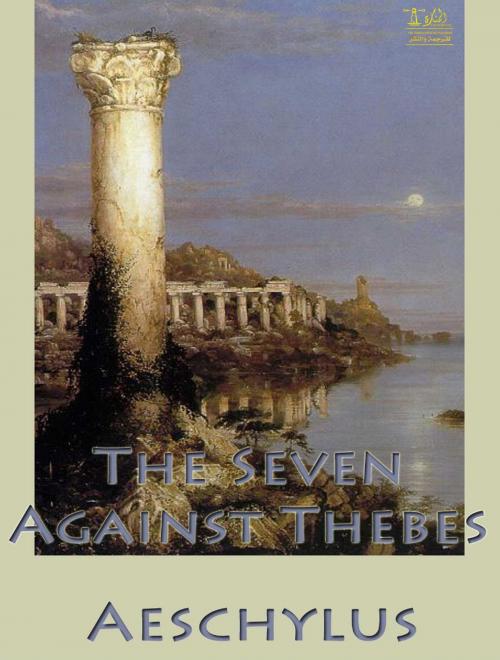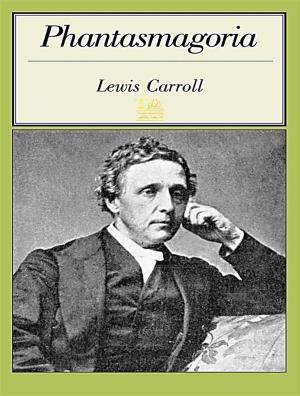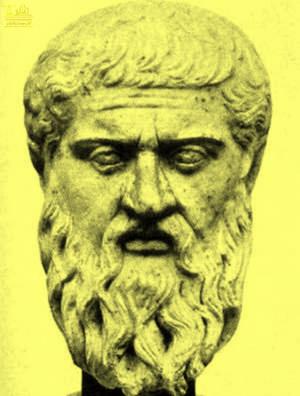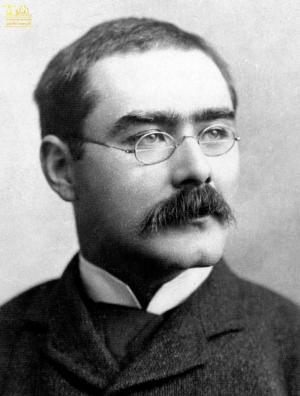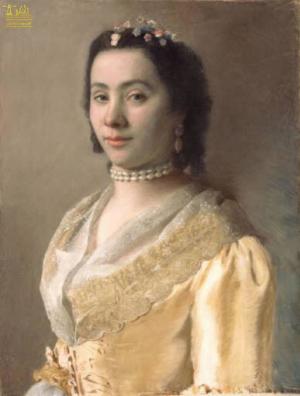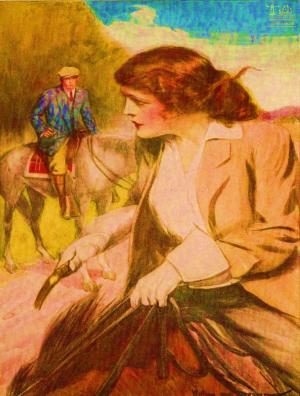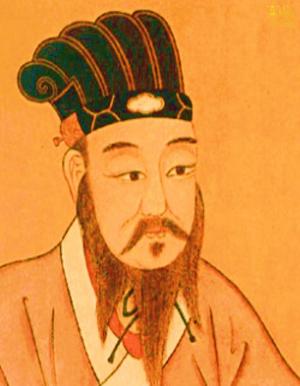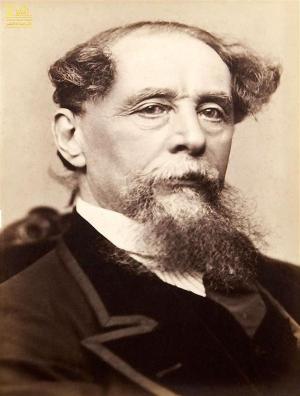| Author: | Aeschylus | ISBN: | 9780599447035 |
| Publisher: | Lighthouse Books for Translation Publishing | Publication: | May 4, 2019 |
| Imprint: | Lighthouse Books for Translation and Publishing | Language: | English |
| Author: | Aeschylus |
| ISBN: | 9780599447035 |
| Publisher: | Lighthouse Books for Translation Publishing |
| Publication: | May 4, 2019 |
| Imprint: | Lighthouse Books for Translation and Publishing |
| Language: | English |
Seven Against Thebes is the third play in an Oedipus-themed trilogy produced by Aeschylus in 467 BC. The trilogy is sometimes referred to as the Oedipodea. It concerns the battle between an Argive army led by Polynices and the army of Thebes led by Eteocles and his supporters.
Aeschylus was born at the religious center of Eleusis. His father, Euphorion, was of a noble Athenian family. In 499 B.C. Aeschylus produced his first tragedy, and in 490 he is reputed to have taken part in the Battle of Marathon, in which the Athenians defeated the Persian invaders.
In 484 Aeschylus won first prize in tragedy in the annual competitions held in Athens. In 472 he took first prize with a tetralogy, three tragedies with a connecting theme and a comic satyr play. It embraced Phineus, The Persians, Glaucus of Potniae, and the satyr play Prometheus, the Fire Kindler. Defeated in one dramatic competition by Sophocles in 468, Aeschylus later won first prize with another tetralogy: Laius, Oedipus, The Seven against Thebes, and the satyr play The Sphinx. In 463 he won first prize with the tetralogy now known as The Suppliants, The Egyptians, The Danaids, and the satyr play The Amymone. In 458 he gained his last victory with the trilogy Oresteia. The date of another trilogy, the Prometheia, is unknown, but it was probably produced sometime between The Seven against Thebesand the Oresteia. Only 7 of the perhaps 90 plays that Aeschylus wrote are preserved. Aeschylus was acquainted with the Greek poet lon of Chios, and he may also have known Pindar, Greece's greatest lyric poet. Aeschylus's son and the descendants of Aeschylus's sister also wrote tragedies. The legend that Aeschylus stood trial for divulging the Eleusinian Mysteries but was acquitted on the grounds that he was never initiated may be simply a reflection of his religious environment. He was greatly influenced by the poet Homer, describing his own works as "slices of Homer."
A good study of the plays of Aeschylus is Herbert Weir Smyth, Aeschylean Tragedy (1924). Another treatment, which includes other writers' views on Aeschylus, is Leon Golden, In Praise of Prometheus: Humanism and Rationalism in Aeschylean Thought (1966). More specialized studies of Aeschylus are Gilbert Murray, Aeschylus: The Creator of Tragedy (1940); Friedrich Solmsen, Hesiod and Aeschylus (1949); J. H. Finley, Jr., Pindar and Aeschylus (1955); and Anthony J. Podlecki, The Political Background of Aeschylean Tragedy (1966). Peter D. Arnott, An Introduction to the Greek Theatre (1959), includes scholarly background material as well as an in-depth treatment of Aeschylus and the Agamemnon.
Chapters discussing various aspects of Aeschylus's works are contained in the following books: Gilbert Norwood, Greek Tragedy (1920; 4th ed. 1953); H. D. F. Kitto, Greek Tragedy: A Literary Study (1939; 3d ed. 1961), Form and Meaning inDrama: A Study of Six Greek Plays and of Hamlet (1956; 2d ed. 1968), and Poiesis: Structure and Thought (1966); William Chase Greene, Moira: Fate, Good, and Evil in Greek Thought (1944); and D. W. Lucas, The Greek Tragic Poets (1955; 2d ed. 1959). A fine work, which includes discussions of Aeschylus and his times, is Albin Lesky, Greek Tragedy (1938; trans. 1965; 2d ed. 1967).
Seven Against Thebes is the third play in an Oedipus-themed trilogy produced by Aeschylus in 467 BC. The trilogy is sometimes referred to as the Oedipodea. It concerns the battle between an Argive army led by Polynices and the army of Thebes led by Eteocles and his supporters.
Aeschylus was born at the religious center of Eleusis. His father, Euphorion, was of a noble Athenian family. In 499 B.C. Aeschylus produced his first tragedy, and in 490 he is reputed to have taken part in the Battle of Marathon, in which the Athenians defeated the Persian invaders.
In 484 Aeschylus won first prize in tragedy in the annual competitions held in Athens. In 472 he took first prize with a tetralogy, three tragedies with a connecting theme and a comic satyr play. It embraced Phineus, The Persians, Glaucus of Potniae, and the satyr play Prometheus, the Fire Kindler. Defeated in one dramatic competition by Sophocles in 468, Aeschylus later won first prize with another tetralogy: Laius, Oedipus, The Seven against Thebes, and the satyr play The Sphinx. In 463 he won first prize with the tetralogy now known as The Suppliants, The Egyptians, The Danaids, and the satyr play The Amymone. In 458 he gained his last victory with the trilogy Oresteia. The date of another trilogy, the Prometheia, is unknown, but it was probably produced sometime between The Seven against Thebesand the Oresteia. Only 7 of the perhaps 90 plays that Aeschylus wrote are preserved. Aeschylus was acquainted with the Greek poet lon of Chios, and he may also have known Pindar, Greece's greatest lyric poet. Aeschylus's son and the descendants of Aeschylus's sister also wrote tragedies. The legend that Aeschylus stood trial for divulging the Eleusinian Mysteries but was acquitted on the grounds that he was never initiated may be simply a reflection of his religious environment. He was greatly influenced by the poet Homer, describing his own works as "slices of Homer."
A good study of the plays of Aeschylus is Herbert Weir Smyth, Aeschylean Tragedy (1924). Another treatment, which includes other writers' views on Aeschylus, is Leon Golden, In Praise of Prometheus: Humanism and Rationalism in Aeschylean Thought (1966). More specialized studies of Aeschylus are Gilbert Murray, Aeschylus: The Creator of Tragedy (1940); Friedrich Solmsen, Hesiod and Aeschylus (1949); J. H. Finley, Jr., Pindar and Aeschylus (1955); and Anthony J. Podlecki, The Political Background of Aeschylean Tragedy (1966). Peter D. Arnott, An Introduction to the Greek Theatre (1959), includes scholarly background material as well as an in-depth treatment of Aeschylus and the Agamemnon.
Chapters discussing various aspects of Aeschylus's works are contained in the following books: Gilbert Norwood, Greek Tragedy (1920; 4th ed. 1953); H. D. F. Kitto, Greek Tragedy: A Literary Study (1939; 3d ed. 1961), Form and Meaning inDrama: A Study of Six Greek Plays and of Hamlet (1956; 2d ed. 1968), and Poiesis: Structure and Thought (1966); William Chase Greene, Moira: Fate, Good, and Evil in Greek Thought (1944); and D. W. Lucas, The Greek Tragic Poets (1955; 2d ed. 1959). A fine work, which includes discussions of Aeschylus and his times, is Albin Lesky, Greek Tragedy (1938; trans. 1965; 2d ed. 1967).
